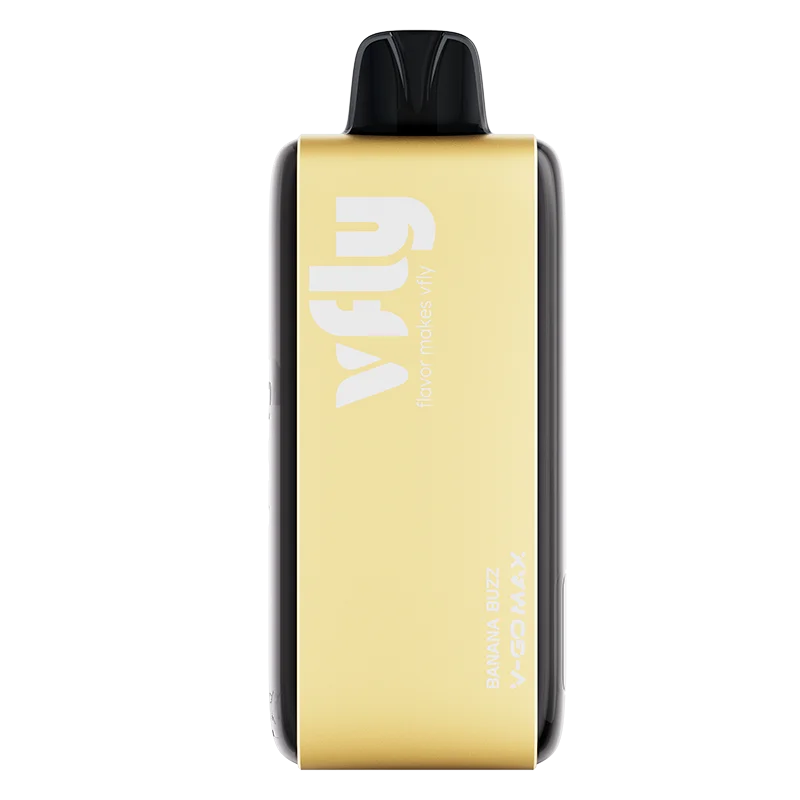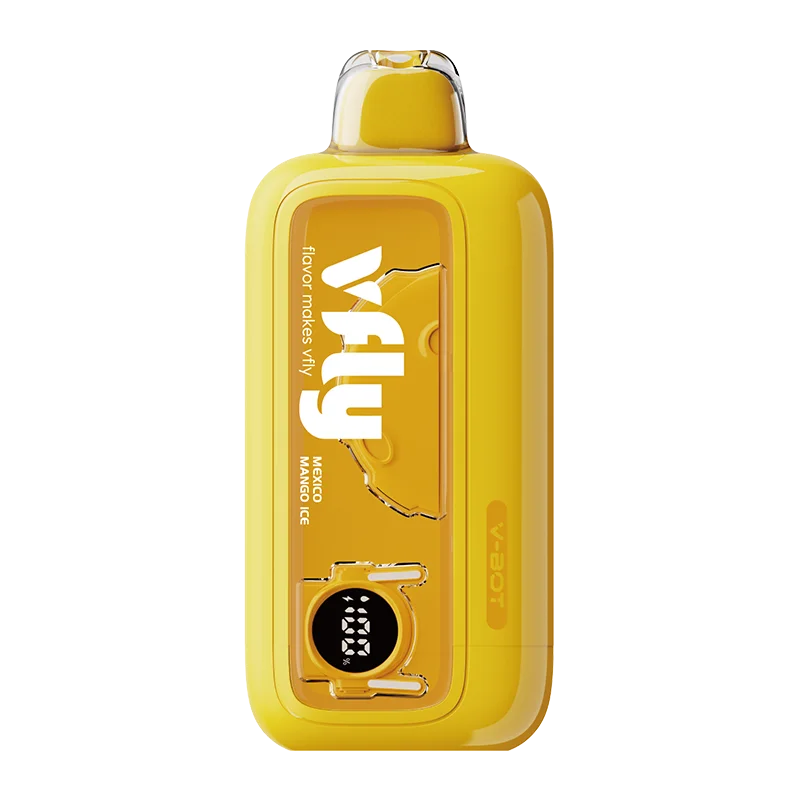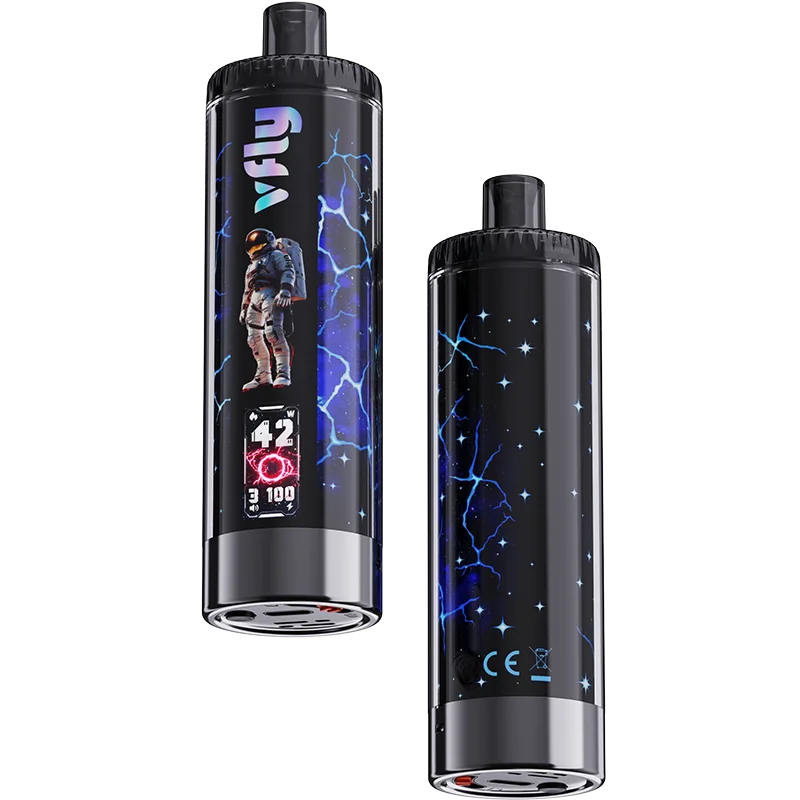Does Vaping Cause Acne?
With the rising popularity of vaping, health-conscious users are increasingly asking: does vaping cause acne? While vaping is often marketed as a cleaner alternative to smoking, many users have reported unexpected skin issues, including acne breakouts. This guide explores the potential links between vaping and acne, backed by scientific insights and dermatological considerations.
Can Vaping Really Cause Acne?
There’s no definitive scientific consensus that vaping directly causes acne, but emerging evidence and anecdotal reports suggest a possible connection. Several factors linked to vaping—such as nicotine, dehydration, and inflammation—may indirectly contribute to acne development.
How Vaping Might Contribute to Acne
1. Nicotine’s Impact on Skin Health
Nicotine, a common ingredient in many vape liquids, constricts blood vessels, reducing blood flow to the skin. This deprives the skin of oxygen and nutrients, potentially leading to dullness, irritation, and breakouts. Nicotine also stimulates the production of stress hormones like cortisol, which can trigger sebaceous glands to produce more oil—an acne trigger.
2. Dehydration
Vaping can lead to dry mouth and dehydration. When the body lacks sufficient moisture, the skin may overcompensate by producing excess oil, leading to clogged pores and acne.
3. Increased Inflammation
Certain chemicals in e-liquids, including propylene glycol and flavorings, may cause inflammation in some users. Inflammation plays a central role in the development of acne, especially if the immune system responds negatively to these compounds.
4. Hormonal Disruption
Some studies suggest that vaping might alter hormone levels, particularly in adolescents and young adults. Hormonal imbalances are a well-known contributor to acne.
5. Poor Hygiene Habits
Frequent hand-to-mouth contact when vaping can transfer bacteria and oils to the face, especially if hands or vaping devices are not clean. This can contribute to breakouts around the mouth and jawline.
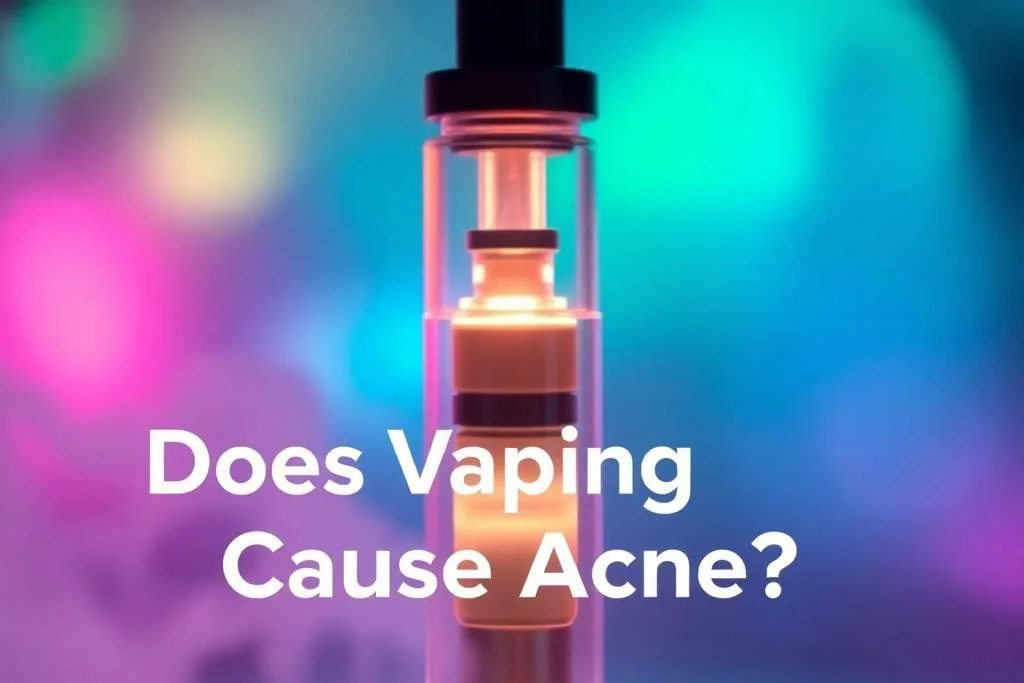
Who’s Most at Risk?
- Teenagers and young adults, who already have fluctuating hormone levels
- Individuals with sensitive or acne-prone skin
- Heavy vape users, especially those using high-nicotine or flavored products
- Those with poor skin hygiene routines
What You Can Do About Vape-Related Acne
If you suspect vaping is affecting your skin, here are some steps to minimize the risk:
- Switch to lower-nicotine or nicotine-free e-liquids
- Hydrate regularly to counteract dryness
- Clean your vape device and hands often
- Adopt a consistent skincare routine, including gentle cleansing and oil-free moisturizers
- Limit sugary or heavily flavored vape juices, which may contribute to systemic inflammation
- Consult a dermatologist if acne becomes persistent or severe
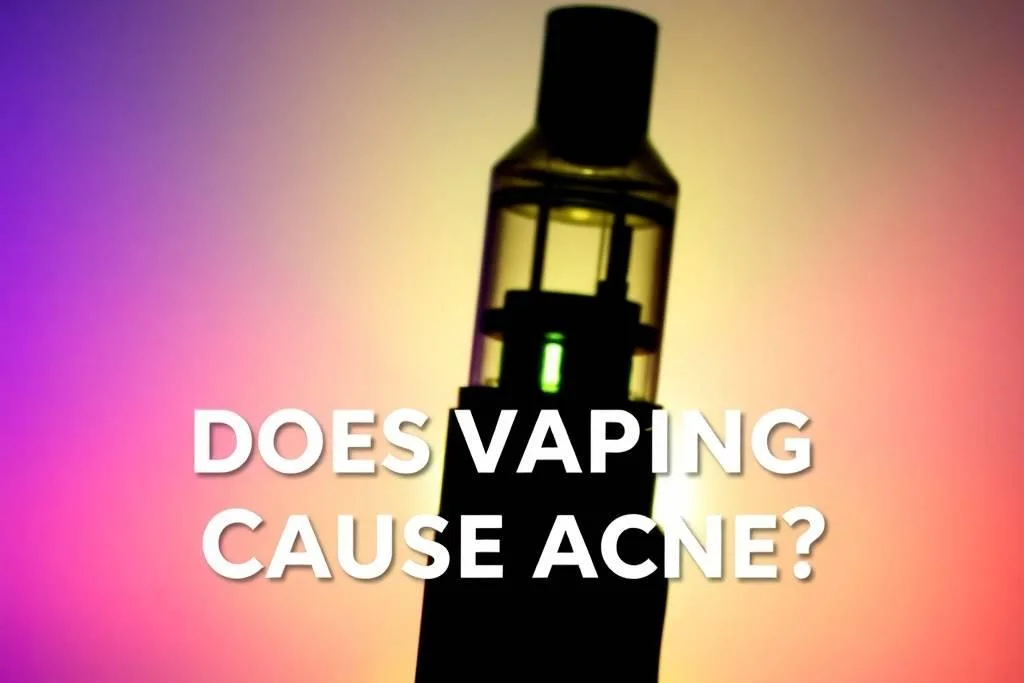
Does Quitting Vaping Improve Acne?
In many cases, users who stop vaping report clearer skin over time. This is especially true if nicotine was a contributing factor. Skin typically takes several weeks to months to normalize after quitting, depending on the individual’s overall health, lifestyle, and skincare habits.
Conclusion
So, does vaping cause acne? While there’s no direct evidence proving vaping is a primary cause of acne, multiple factors associated with vaping—like nicotine, dehydration, and inflammation—can worsen or trigger skin problems in some individuals. If you’re dealing with persistent breakouts and are a regular vaper, it may be worth evaluating your vaping habits as part of your skincare approach.
FAQs
1. Does vaping cause acne on the face?
Yes, vaping can potentially cause facial acne, particularly around the mouth, chin, and jawline. This may result from nicotine-induced oil production, dehydration, or inflammation caused by chemicals in vape juice. Additionally, touching the face frequently during vaping may transfer bacteria, contributing to clogged pores and breakouts.
2. Is nicotine the reason vaping causes acne?
Nicotine is a major factor that may link vaping to acne. It stimulates stress hormones like cortisol, which can increase sebum (oil) production. Excess oil on the skin clogs pores, a common cause of acne. Users of high-nicotine vape products may be more prone to breakouts compared to those using nicotine-free options.
3. Can vaping worsen existing acne?
Yes, vaping may worsen existing acne, especially in individuals with oily or acne-prone skin. The combination of nicotine, inflammation from flavoring agents, and reduced skin hydration can exacerbate acne conditions. Breakouts may become more frequent or more severe over time if vaping continues.
4. Will my skin clear up if I stop vaping?
Many people notice an improvement in their skin condition after quitting vaping. Reduced nicotine intake helps regulate oil production and improve blood flow to the skin. However, results can vary by individual, and it may take a few weeks to see noticeable changes in acne severity.
5. Are nicotine-free vapes better for acne-prone skin?
Nicotine-free vapes may be a better option for acne-prone individuals, as they eliminate the oil-boosting effects of nicotine. However, some people may still experience breakouts due to other ingredients like propylene glycol or flavorings, which can irritate sensitive skin or trigger inflammation.

